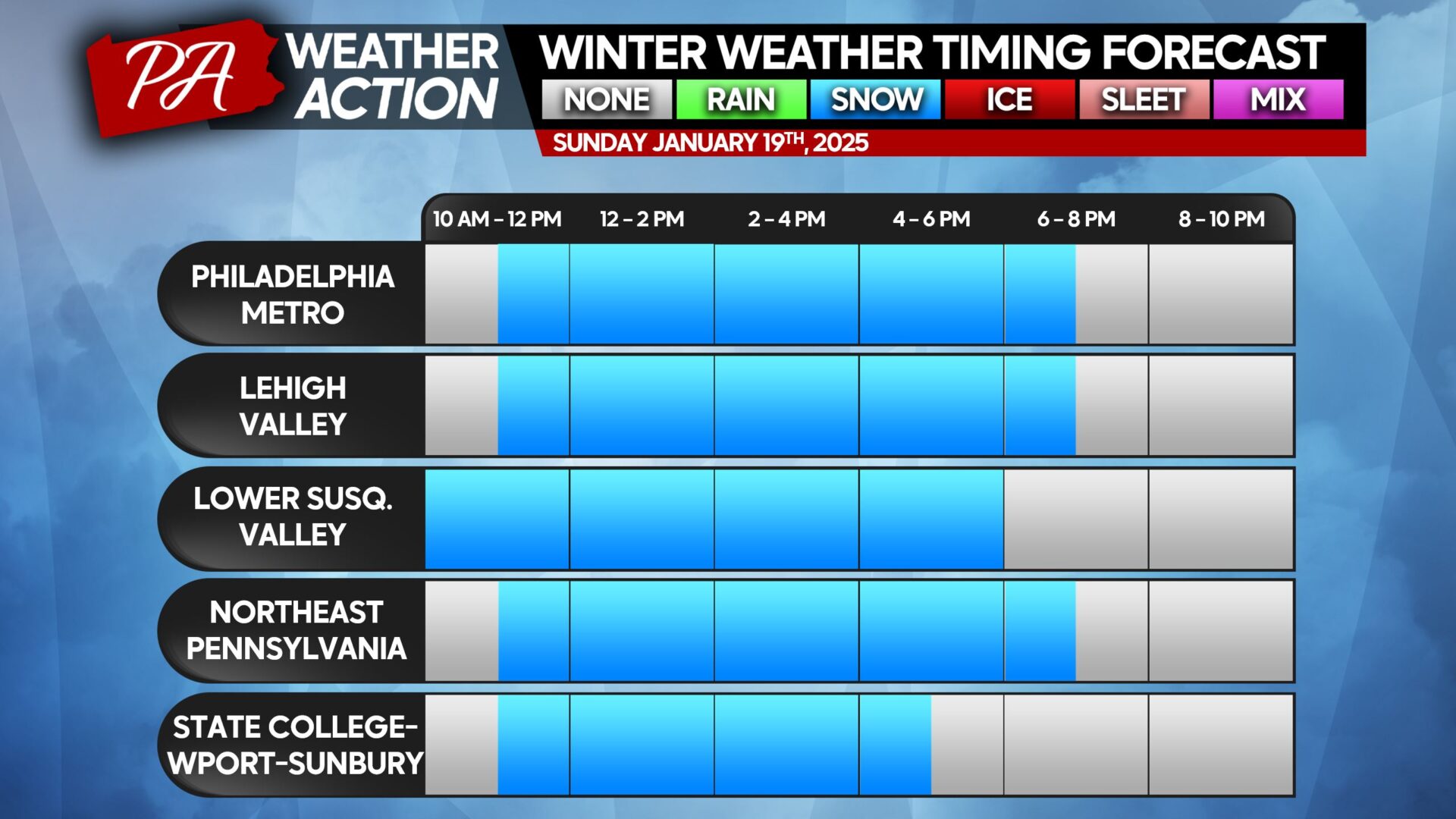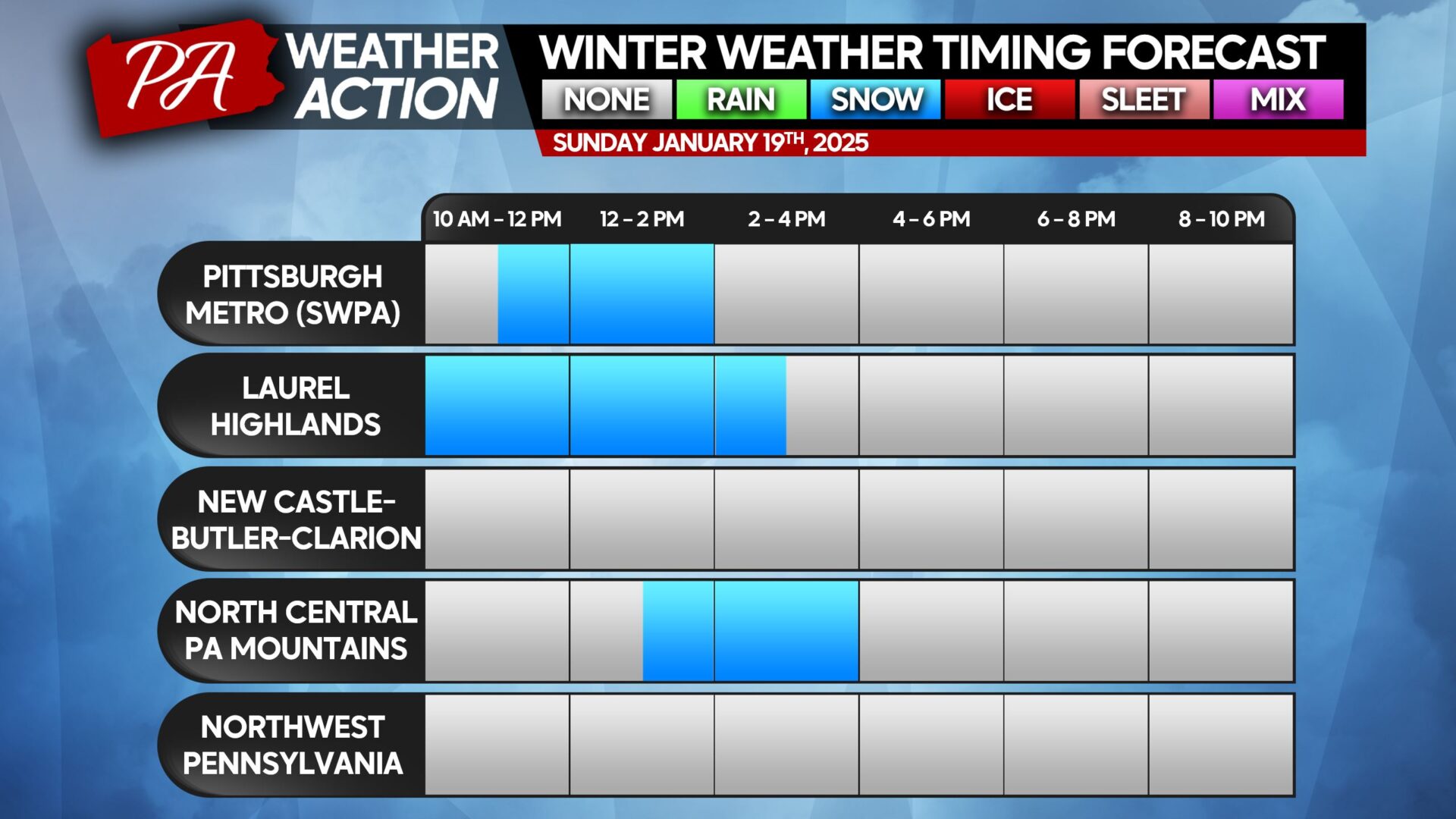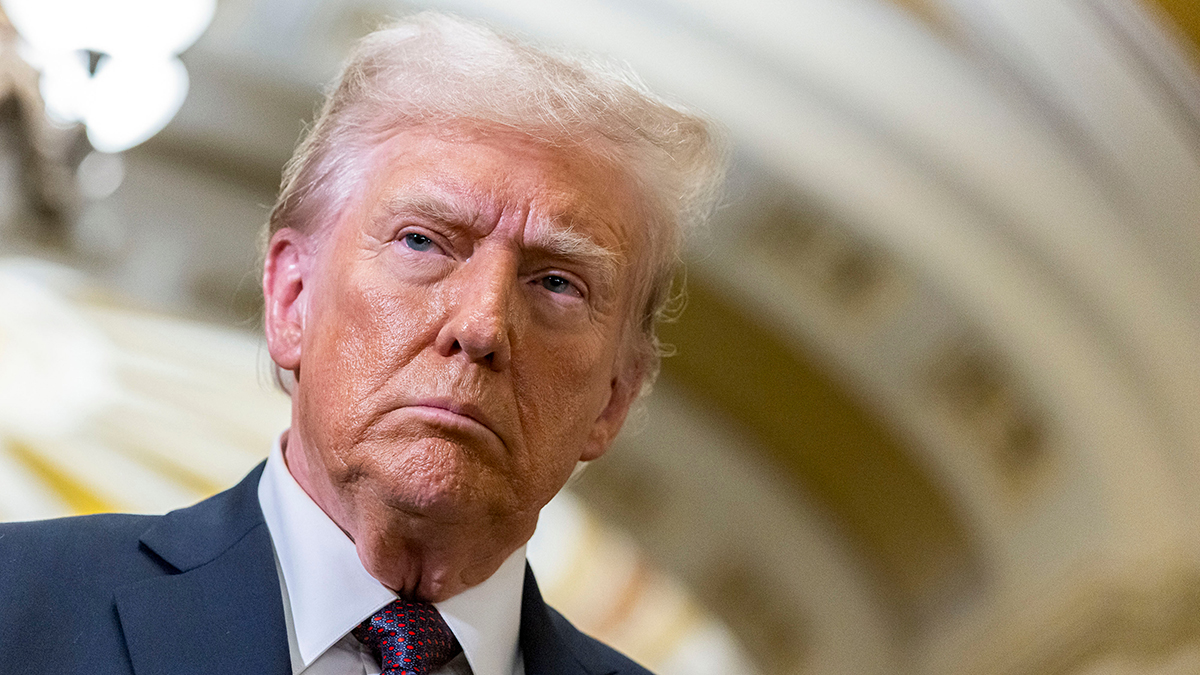Pennsylvania Democrats have a new slogan: Majority matters.
And their majority in the state House is at stake in next week’s special election for a suburban Delaware County seat.
Democrats have a one-seat advantage over Republicans — their first House majority in more than 12 years. But if Republicans win the 163rd House District seat, the chamber would have a Republican majority again just three months after Democrats took control.
Whoever controls the House will set the agenda on state policies for elections, school funding, taxes, abortion access, and more.
“The control of the House is at stake, so we are not taking anything for granted,” said Rep. Leanne Krueger (D., Delaware), who also leads the House Democrats’ campaign arm.
Democrats won a majority of the chamber’s seats in November, but three vacancies kept the party from control until special elections in February. Democrats elected the state’s first woman and first Black woman to the speakership, Rep. Joanna McClinton (D., Philadelphia).
And House Democrats used their new majority to advance a number of long-sought legislative priorities they previously couldn’t even get a vote for in committee, such as gun reforms and protections from discrimination for LGBTQ residents.
Voters in Montour County and parts of Northumberland County are also going to the polls for a special election, but that vacant House seat is in a district widely expected to remain in Republican hands.
With such a slim majority, Democrats weren’t willing to take any chances on the Upper Darby seat left open, with the state Democratic Party spending nearly $1 million in ad buys, mailers, polling, and more, according to campaign finance filings.
Republicans, on the other hand, spent only a small fraction of that, in what seems like a half-hearted attempt to flip the seat.
“I believe in being humble, and I believe in putting in the hard work, which I have done,” said Katie Ford, the Republican candidate.
Who’s running for the 163rd House seat
Two women are vying to fill the suburban Delaware County seat vacated by former Rep. Mike Zabel after he resigned in March over three public sexual harassment allegations, including accusations from a female lawmaker and a lobbyist. Libertarian Alfe Goodwin is also running.
Democratic candidate Heather Boyd has centered her campaign on maintaining her party’s House majority — and by extension, reproductive rights. She’s focused on preventing a constitutional amendment that would declare abortion is not a constitutional right in Pennsylvania, a change reproductive rights activists say could open the door to a state abortion ban. The Pennsylvania General Assembly approved the measure last year in the wake of the U.S. Supreme Court’s reversal of Roe v. Wade, but it must be passed again this year in order to get before voters.
Boyd, 46, chairs the Upper Darby Democratic Committee and left her job as a senior adviser to U.S. Rep. Mary Gay Scanlon (D., Delaware) in March to run. She’s been involved in Democratic politics in the Philadelphia suburb for years and previously served on the local school board.
Ford, 43, is an early intervention specialist who is deeply involved in the local Home and School associations. She’s a lifelong Upper Darby resident and military veteran who describes herself as a political newcomer, spending her free time rescuing dogs.
Ford, a Republican, has emphasized Zabel’s misconduct — and Boyd’s knowledge of it — along with her mission to make residents “excited to be Upper Darby again,” she said.
Zabel first flipped the seat in 2018 from longtime Republican control, and it’s become bluer ever since: Under new district maps approved last year, 51% of registered voters in the district are Democrats, 37% are Republicans, and 12% are not affiliated.
Turnout in a municipal primary is always low. Add in a special election that will determine which party controls the state House, and turnout is even more unpredictable.
“This is a Democratic-leaning seat, but in low-turnout primary elections like this, we need to make sure that voters turn out,” Krueger said.
Democrats even employed the help of Democratic Gov. Josh Shapiro in a recent ad asking Upper Darby voters to support her, again focusing his message on abortion access in the state.
“Abortion rights are threatened right now in Pennsylvania,” Shapiro said in the 30-second ad. “Delaware County, I need your help in the special election for state representative. The winner will determine which party controls the legislature.
“If Republican extremists win, they’ll take away my veto power by putting a constitutional amendment on the ballot to outlaw abortion, even in cases of rape or incest,” Shapiro said in the ad. “Delco, don’t let them.”
However, Ford said she wouldn’t support the proposed constitutional amendment. Republican lawmakers have shown little interest in advancing the measure in recent months, following big Republican losses in the midterm election attributed in part to fears of abortion restrictions. She said she believes there should be “exceptions and parameters” for any abortion restrictions.
“With a Democratic governor and Republican Senate, we’re not changing [abortion laws] anytime soon, and I have no interest in doing that,” Ford said.
Money talks
Since May 2, hundreds of thousands of dollars have flooded into the race to represent the district, which includes parts of Upper Darby and Darby Townships and Clifton Heights, Collingdale, and Aldan Boroughs.
About $178,000 in contributions went to Boyd’s campaign in the last week, mostly from labor union political action committees. The House Republican Campaign Committee and other House Republicans were the biggest contributors to Ford’s campaign in recent days, which raised nearly $59,000 since May 2. (Candidates are required to file 24-hour campaign finance reports before the election, but not required to report their spending until after the election.)
However, Ford has spent only a fraction of what Boyd and Democrats have spent since the special election was announced in March.
Ford’s campaign only spent about $26,000 and accepted $16,000 in in-kind contributions through May 1. Boyd spent $103,000 on her campaign, with the state Democratic Party spending nearly tenfold of that: almost $978,000 in mailers, ad buys, polling and more.
Boyd said she’s confident she’ll win on Tuesday.
“This is a community that voted overwhelmingly for Josh Shapiro to be their governor,” Boyd said. “They voted for Democrats, and they want a Democrat.”
Still, Ford hopes her campaign’s ground game, with its knocking on more than 7,500 doors, will help her overcome what she’s always known was going to be an “uphill battle,” she said. She’ll also continue questioning Boyd’s assertion that she is a champion for women’s rights, when Boyd admitted to The Inquirer in March that she previously knew about allegations against Zabel.
Boyd said she met one of Zabel’s accusers, a lobbyist for Service Employees International Union 32BJ, in 2021, who later confided in her about a 2019 experience with Zabel.
The lobbyist, Andi Perez, shared her experience at a listening tour event and asked state House leaders to change the rules to allow non-employees to file sexual harassment complaints.
Perez, in a prepared statement last month, said Boyd had been a “true ally” and “did what she could do within the scope of her power while not breaching my trust.”
Ford, however, said Boyd should have used her position on the county Democratic committee to ensure Zabel did not run again or that the party didn’t support him. Like in 2020, the Democratic Party endorsed Zabel in 2022.
“You can protect the privacy of the person who’s gone through this and respect that [they don’t want to go public],” Ford said. “However, you can’t keep pushing someone into the position that allowed other women to be victimized.”
Boyd said she talked with Zabel about his behavior, but followed Perez’s lead.
“Do you need to perform your trauma in order to get respect and protect your own body? I think that that’s offensive,” Boyd said.
An SEIU political action committee contributed $50,000 to Boyd’s campaign last week.
Mail ballot requests for 2,784 Democrats, 883 Republicans and 305 third-party or nonaffiliated voters were approved as of the Tuesday deadline to request one, according to Department of State data.

/cloudfront-us-east-1.images.arcpublishing.com/pmn/7QBOCUJ7GBW35QU2IYP2GMEBZY.jpg)





















/cdn.vox-cdn.com/uploads/chorus_asset/file/25822586/STK169_ZUCKERBERG_MAGA_STKS491_CVIRGINIA_A.jpg)

/cdn.vox-cdn.com/uploads/chorus_asset/file/23935558/acastro_STK103__01.jpg)


/cdn.vox-cdn.com/uploads/chorus_asset/file/25826211/lorealcellbioprint.jpg)
/cdn.vox-cdn.com/uploads/chorus_asset/file/25832751/2192581677.jpg)
